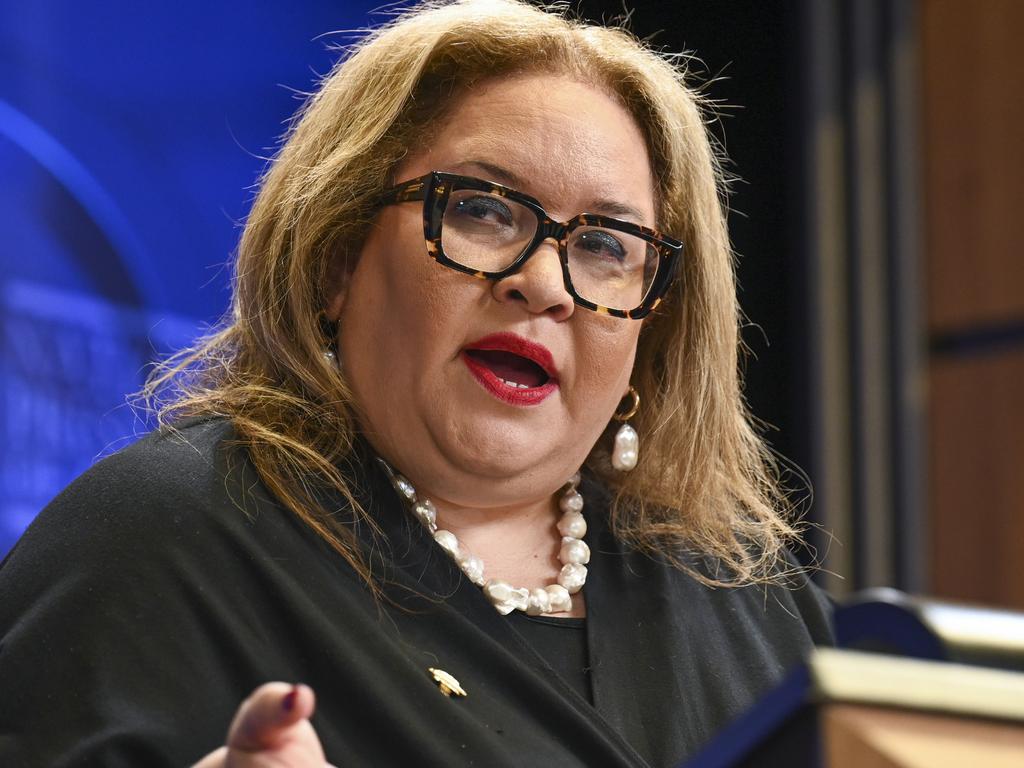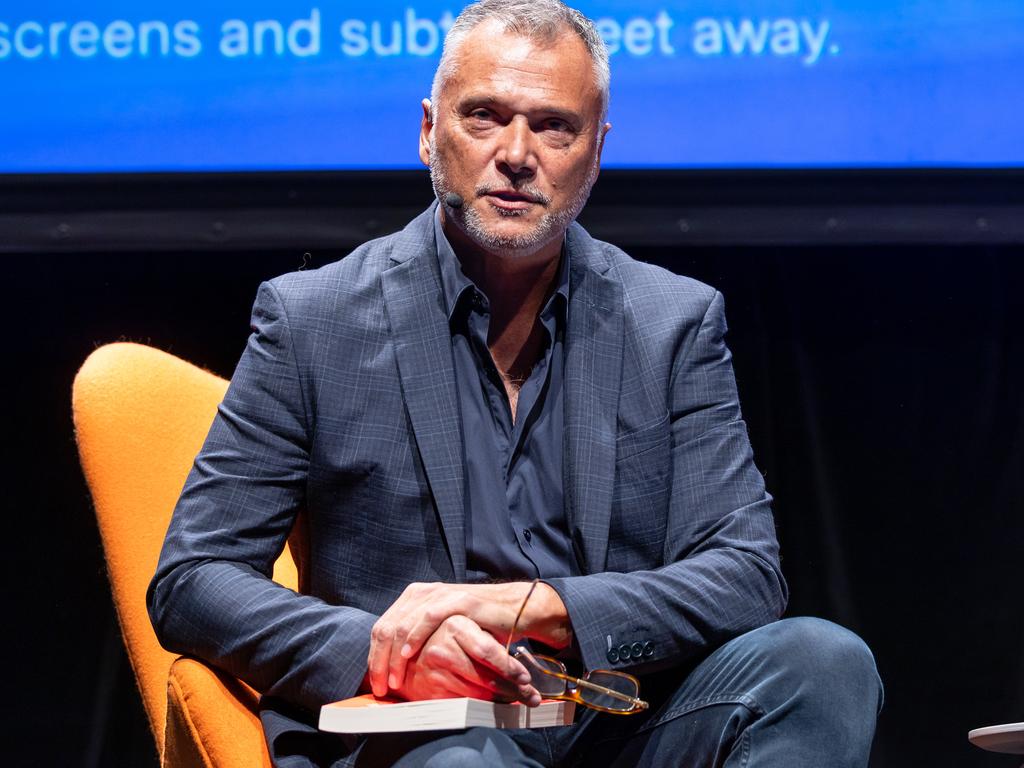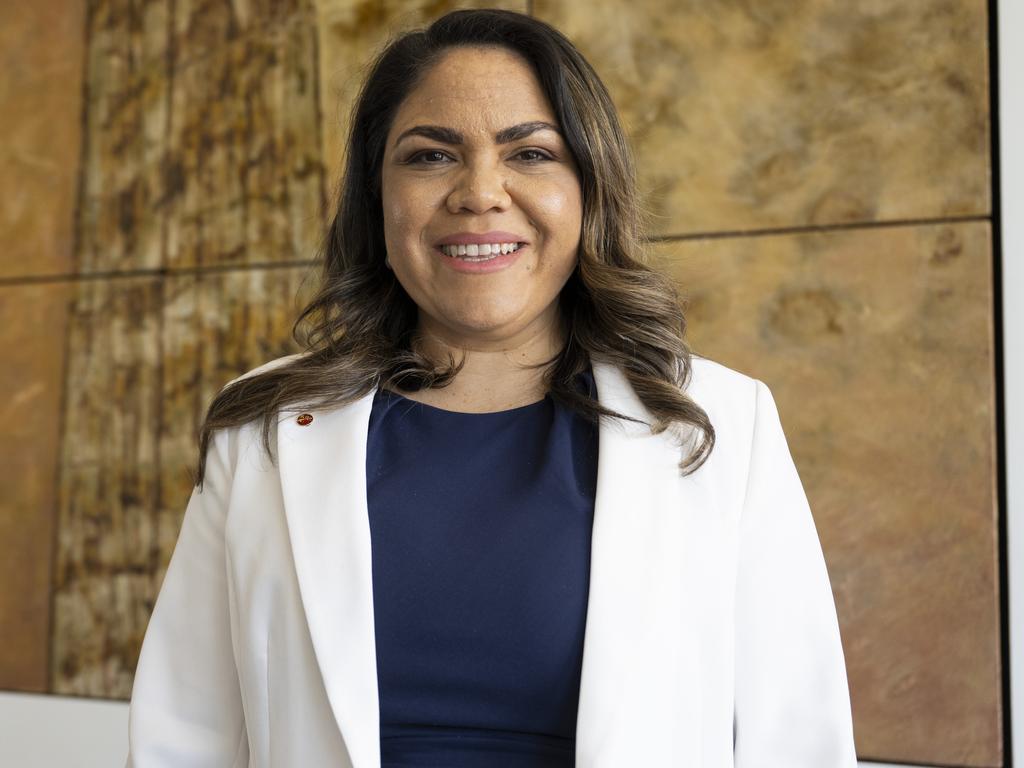Opinion: Politics of guilt costing Indigenous lobby valuable support
OPINION: Telling people they should feel guilty for something they did not do is not going to solve Indigenous problems, writes Mike O’Connor.
Opinion
Don't miss out on the headlines from Opinion. Followed categories will be added to My News.
There are some people who don’t get it because they are just plain stupid, and then there are those who for reasons known only to themselves just don’t want to get it.
Professor Megan Davis would seem to fall into the latter camp. A prominent campaigner for the Yes vote in the Voice referendum, she has managed to unwittingly encapsulate the problem that plagues the nation’s Indigenous issue.
In an address she delivered at the University of Queensland as part of NAIDOC Week, she said the Voice had represented an olive branch extended to the people of Australia.
“How can an olive branch be called divisive? How can someone who rejects an olive branch claim to be motivated by unity?” she said, claiming that people who voted against the Voice were driven by “racism, politicisation, disinformation, and let’s not forget plain old inertia and fear of change”.
The emotive use of the olive branch just about says it all, suggesting as it does that we were given the chance to be forgiven for our sins, the ones we didn’t commit.
I did a lot of thinking a few days ago. Being told that you can’t eat anything for 30 hours and not have so much as a sip of water for the last few of those hours tends to focus the mind, as all those people who have prepared themselves for a colonoscopy will attest.

The fast started at midday, and by 12.05 I was hungry. What to do to take my mind off food? I could go for a walk, but I was afraid that would make me even hungrier, or watch television, which would almost certainly feature images of people eating, so I sat in front of my laptop and came across Professor Davis’ remarks.
Here’s the thing. Telling people that they should feel guilty for something that they did not do is not going to do anything to solve the problems that plague Aboriginal communities. Those who continue to push this line do themselves and those people whom they purport to represent a great disservice.
People who voted against the proposal, and I was one, did so because they believed in the concept of unity, and felt that what was being proposed flew in the face of that belief.
All that talk of olive branches does is fan the flames of divisiveness, and you can’t help but wonder if all those people who attempt to burden 97 per cent of the population with guilt do so with the aim of furthering division and mistrust.
You might also wonder why, instead of using their public profiles to denigrate one of the most egalitarian, successful and bountiful democratic societies in the world as racist, these people don’t grab a megaphone and say: “Look at me. I am a shining example of what a person can achieve in this great nation of ours, irrespective of their race or creed.”
That, of course, would go against the narrative of victimhood. People like Stan Grant, who has enjoyed a highly successful career in the media, complains about racism while being seemingly oblivious to the fact that he has enjoyed a level of achievement and recognition attained by only the very few.

Good on you, Stan. Well done, but how about saying to your people that if I can make it, then so can you, instead of playing the victim?
Opposition senator Jacinta Nampijinpa Price, a model of Indigenous achievement for Australians of all ages who might wonder how high they can fly, has a view that sits uncomfortably with those who often choose to moan.
Writing in The Australian, she said that the true lesson of our history is that while we are not perfect, a bunch of imperfect people from different cultures have formed a truly great and prosperous nation, and to the extent that some in our nation are not enjoying that prosperity, it’s because of policies of separatism and a black-armband obsession with injustice at the expense of moving forward together.
“The simple fact is that no one is disadvantaged just because they are Indigenous. But those who are disadvantaged will remain so if we don’t learn the lessons of our past and move forward together. No meaningful change comes from selling ourselves short through guilt politics,” she wrote. Amen to that.
The colonoscopy? All good. I live to irritate the good and the great for another day.
More Coverage

Originally published as Opinion: Politics of guilt costing Indigenous lobby valuable support









